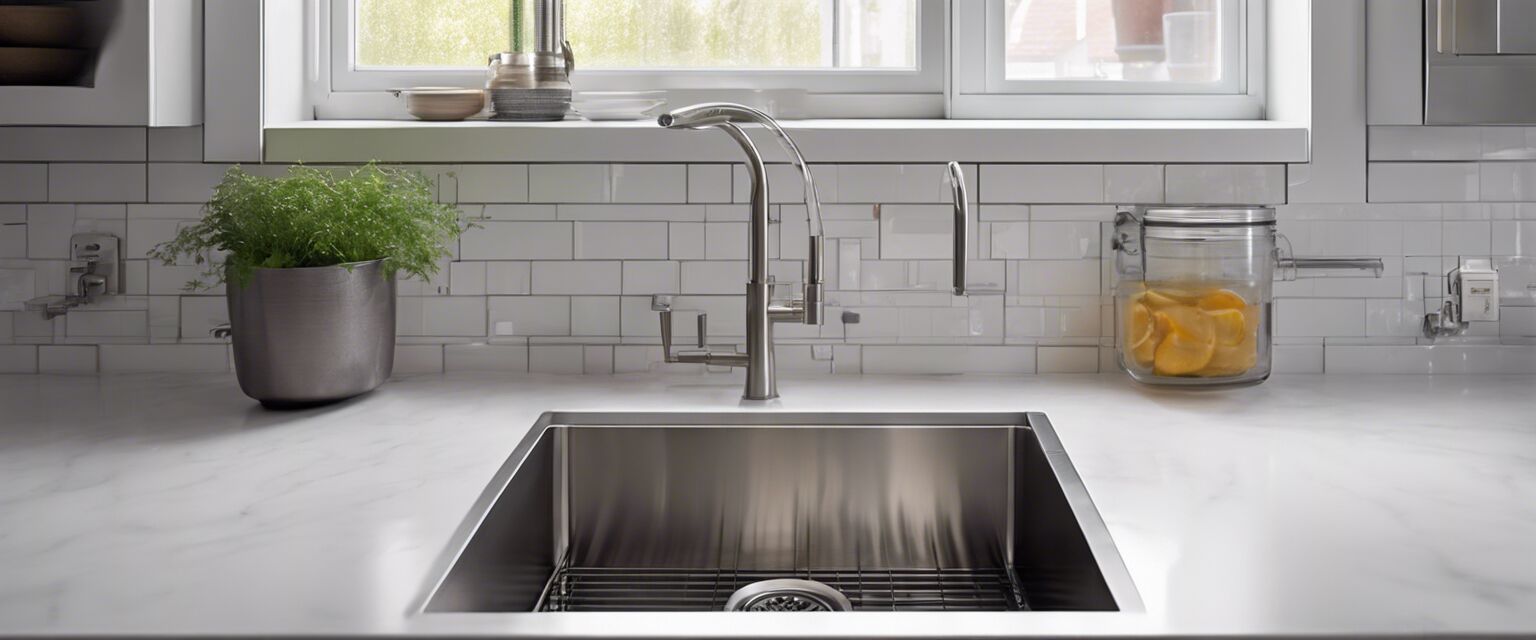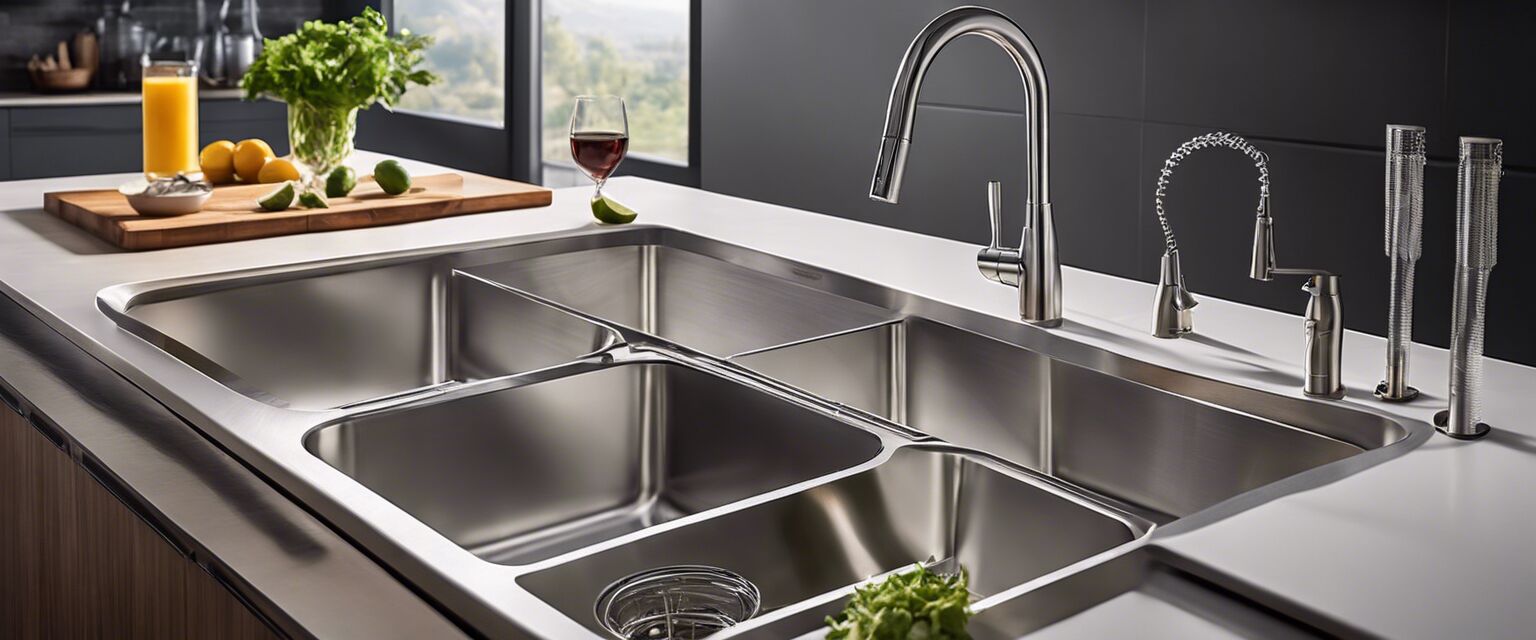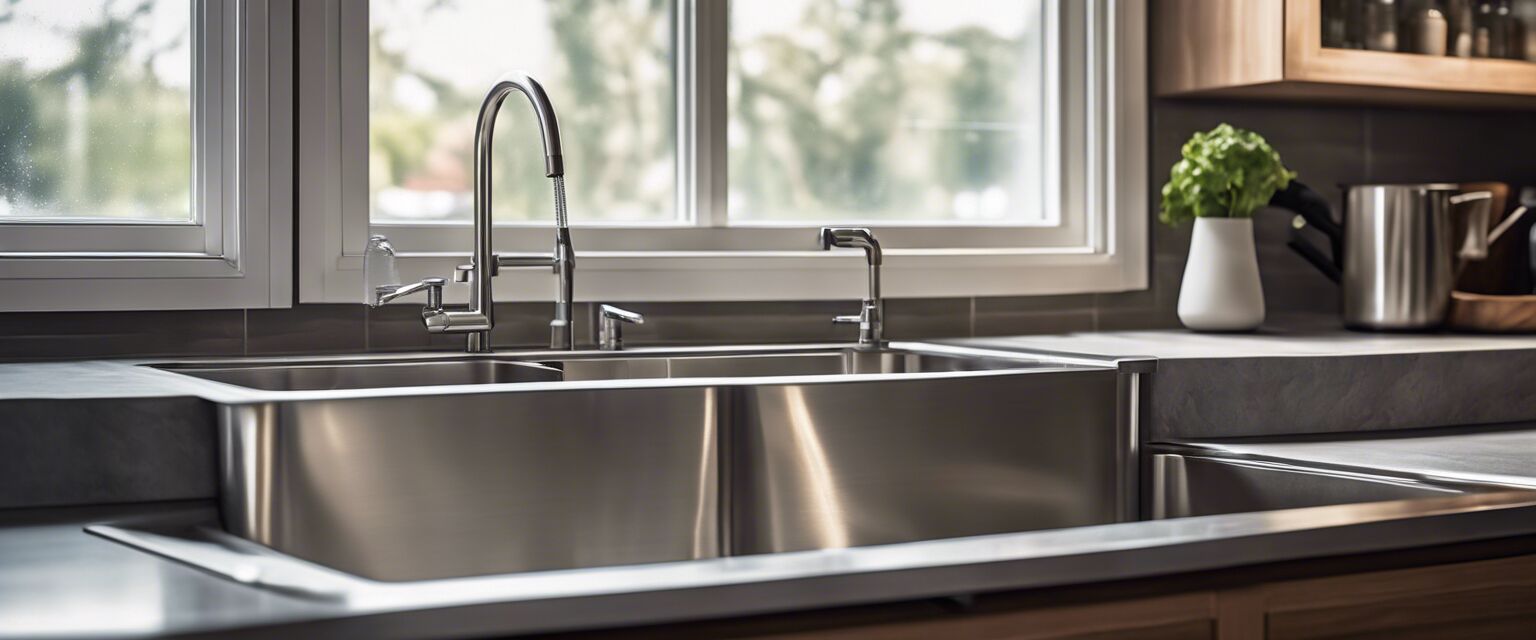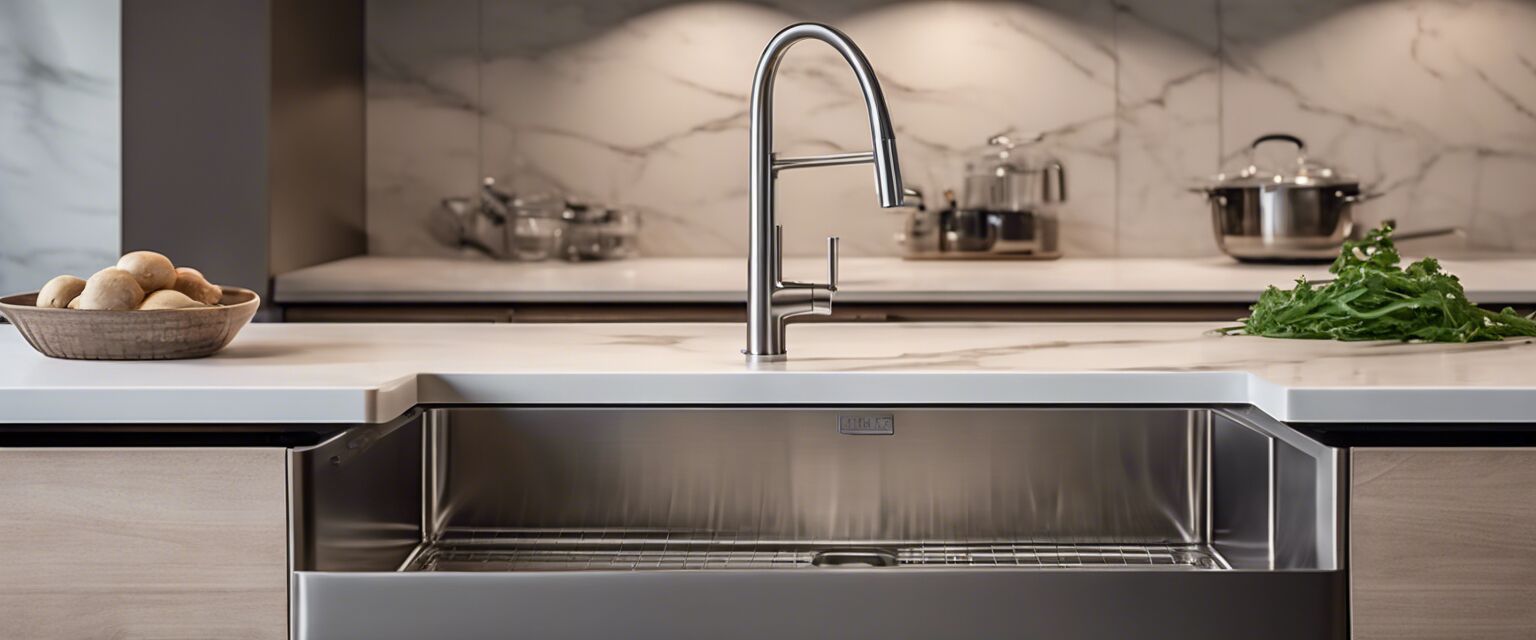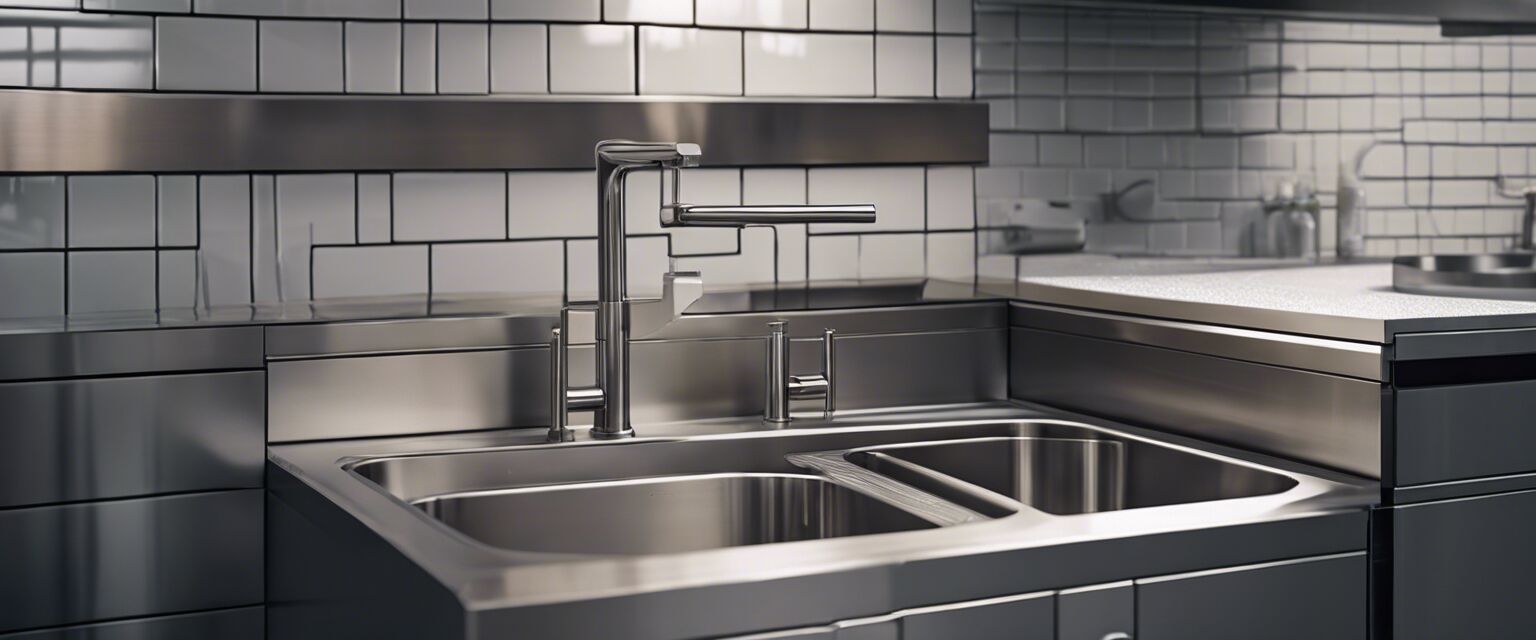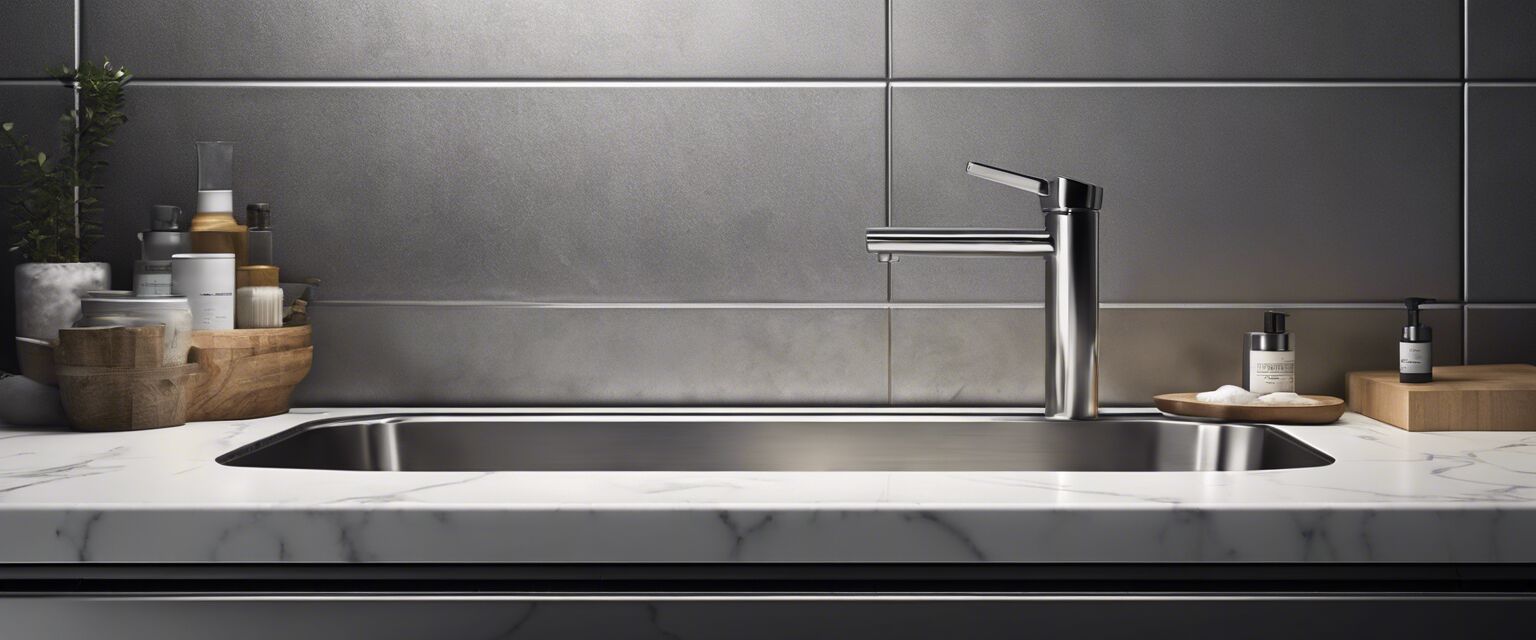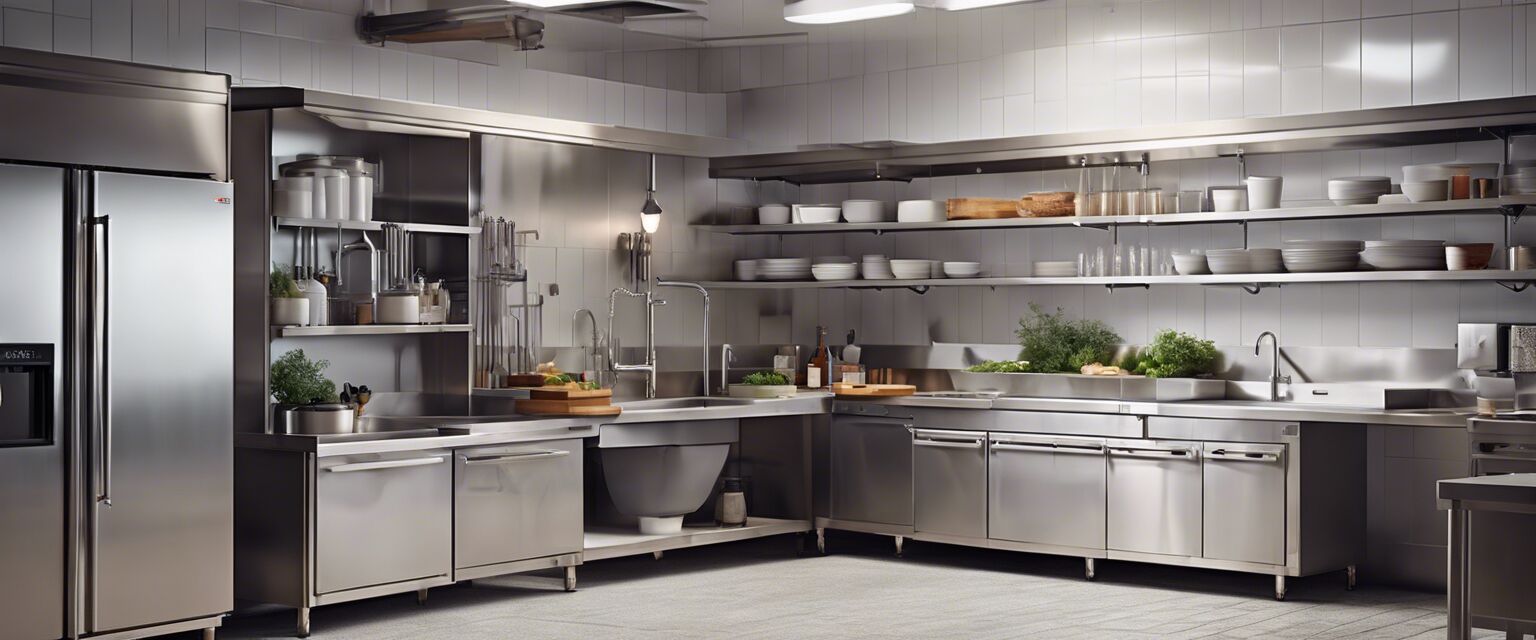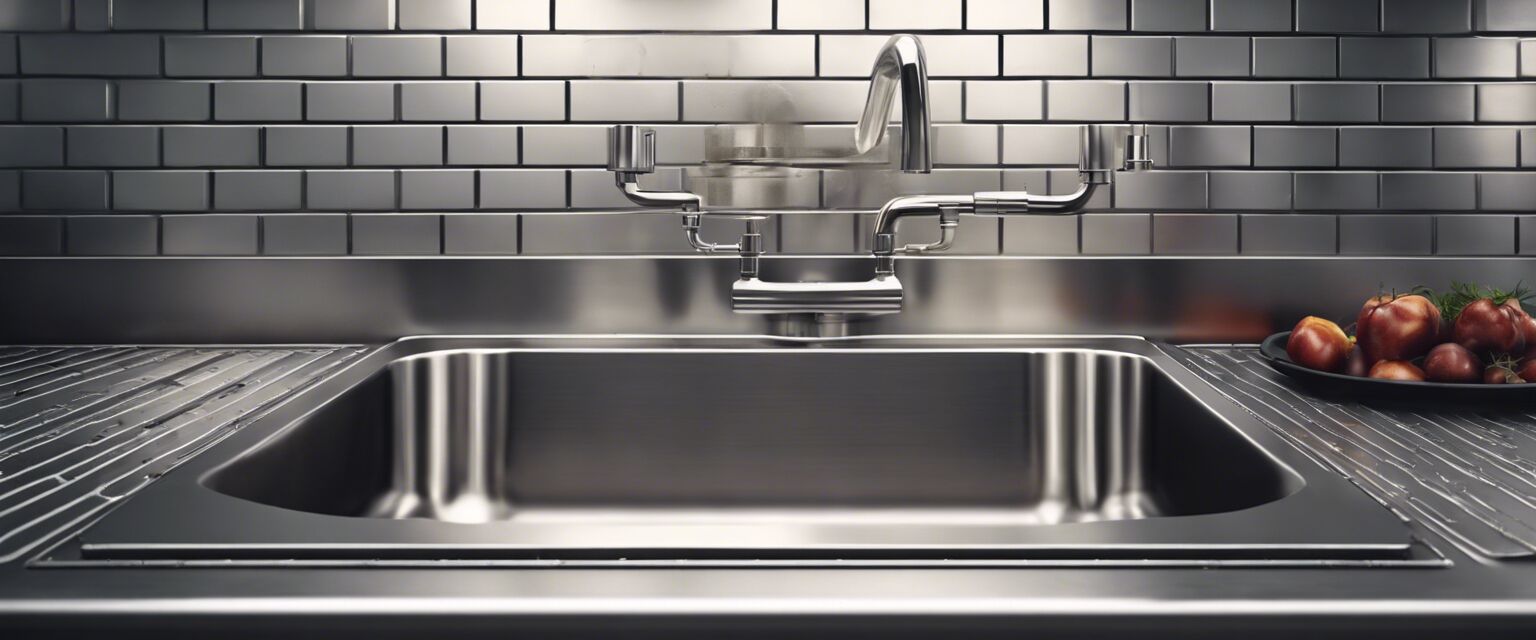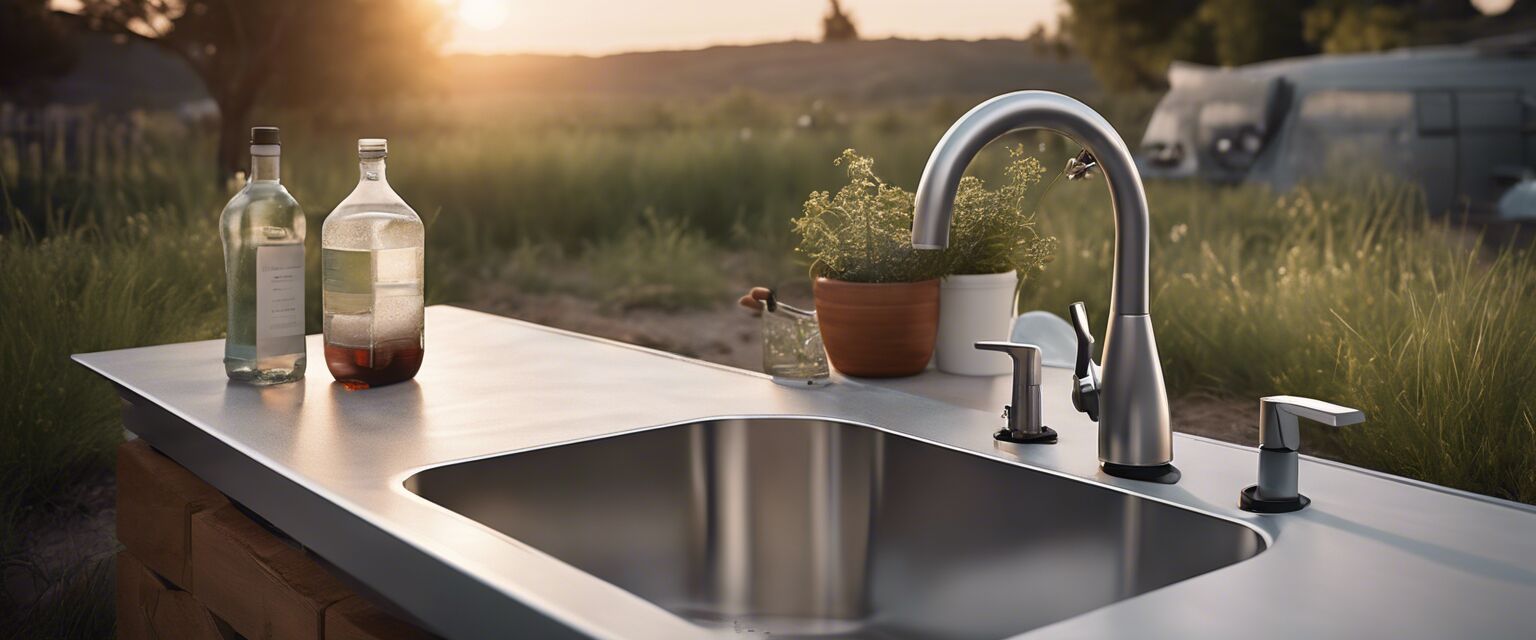
Portable sinks: Detailed information on flexibility in use
Key Takeaways
- Portable sinks are crucial for mobile businesses and events.
- They offer convenience in locations without permanent plumbing.
- Variety of models available for different needs, including handwashing and food prep.
- Essential for health regulations in many industries.
- Choose based on capacity, features, and intended use.
When it comes to flexibility in commercial and industrial settings, portable sinks are a game changer. They provide a practical solution for those needing hygienic access to water without permanent fixtures. Understanding the different kinds of portable sinks available will greatly assist in making an informed purchase that meets your specific needs. In this guide, we will explore the various types, advantages, and key features of portable sinks to help you make the right choice.
What are portable sinks?
Portable sinks are self-contained units that provide hot and cold water for hand washing, food preparation, and general cleaning. These sinks are designed for easy transport and setup, making them ideal for temporary locations such as outdoor events, mobile food vendors, and schools.
Benefits of using portable sinks
- Flexibility: Great for various locations, including festivals, fairs, and construction sites.
- Compliance: Meets health and safety regulations in food service and hygiene-focused industries.
- Easy Setup: Requires minimal installation; most units are plug-and-play.
- Cost-effective: Saves money by avoiding costly plumbing installations.
Different types of portable sinks
| Type | Description | Common Uses |
|---|---|---|
| Handwashing Sinks | Designed specifically for handwashing, often have a foot pump. | Food trucks, temporary kitchens, events. |
| Food Prep Sinks | Larger sinks intended for washing food items before preparation. | Catering, outdoor events, food stalls. |
| Utility Sinks | These are multi-use sinks that can handle a variety of tasks. | Schools, warehouses, workshop areas. |
| Stationary Portable Sinks | Fixed location sinks that can be relocated easily. | Colleges, gyms, hospitals. |
How to choose the right portable sink
When selecting a portable sink, consider the following factors:
- Capacity: Choose a sink size that fits your expected usage.
- Features: Look for choices like hot water options, foot-operated faucets, and storage.
- Mobility: Consider how often you will need to move the sink.
- Durability: Opt for materials that withstand daily wear and tear.
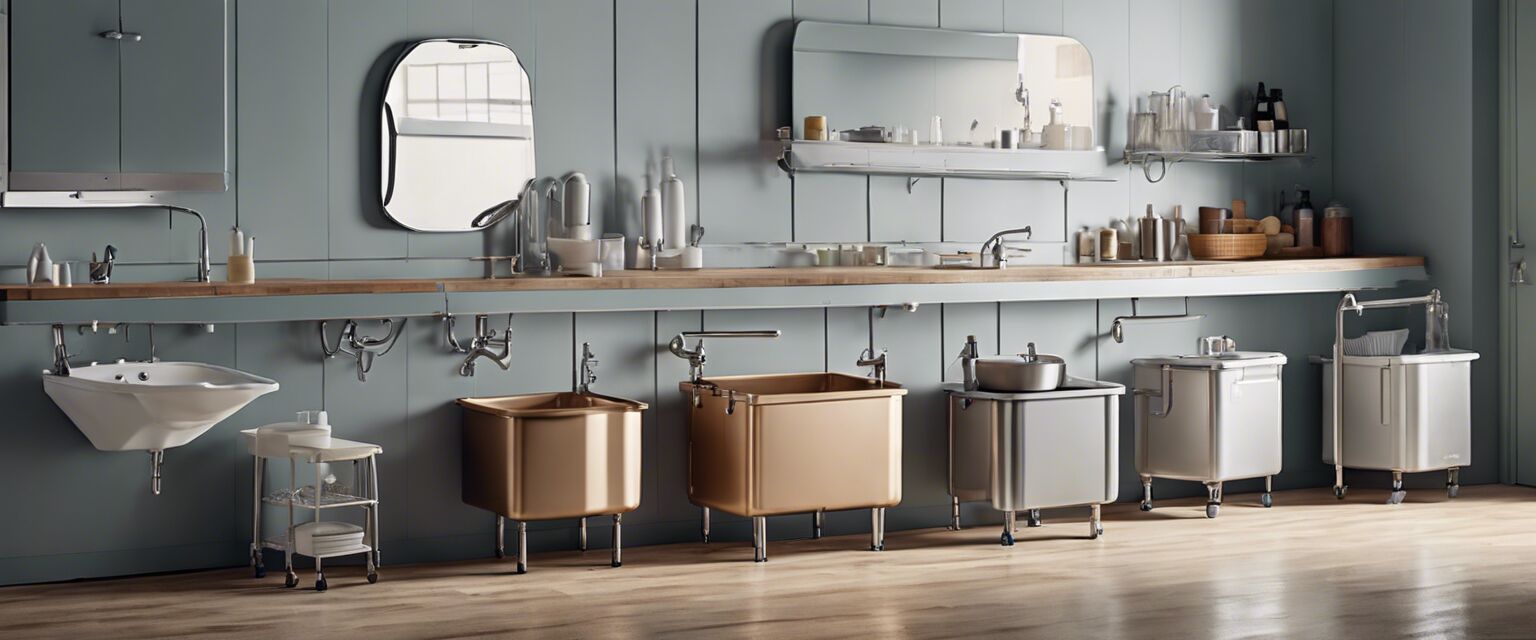
Maintenance tips for portable sinks
Beginnerâs Section: Portable Sink Maintenance
- Always empty and clean the sink after each event.
- Check the water supply regularly for clogs or leaks.
- Store the sink in a dry location to prevent rust.
- Use mild detergents for cleaning to avoid corrosion.
Regulatory requirements
Different states and localities have specific regulations regarding the use of portable sinks, especially in food service operations. Itâs crucial to check the local health department guidelines to ensure your portable sink complies with sanitation standards. Failure to comply can lead to penalties or the inability to operate in certain areas. Visit our Handwashing Sinks page for more information on portable handwashing solutions that meet these standards.
Popular portable sink applications
| Application | Best Sink Type | Why |
|---|---|---|
| Catering events | Food Prep Sink | For washing and preparing food items safely. |
| Construction Sites | Utility Sink | For cleaning hands and tools when water access is limited. |
| Fairs and Festivals | Handwashing Sink | Ensures food safety and hygiene compliance. |
| Outdoor Summits | Stationary Portable Sink | Useful for hygiene during events with no fixed plumbing. |
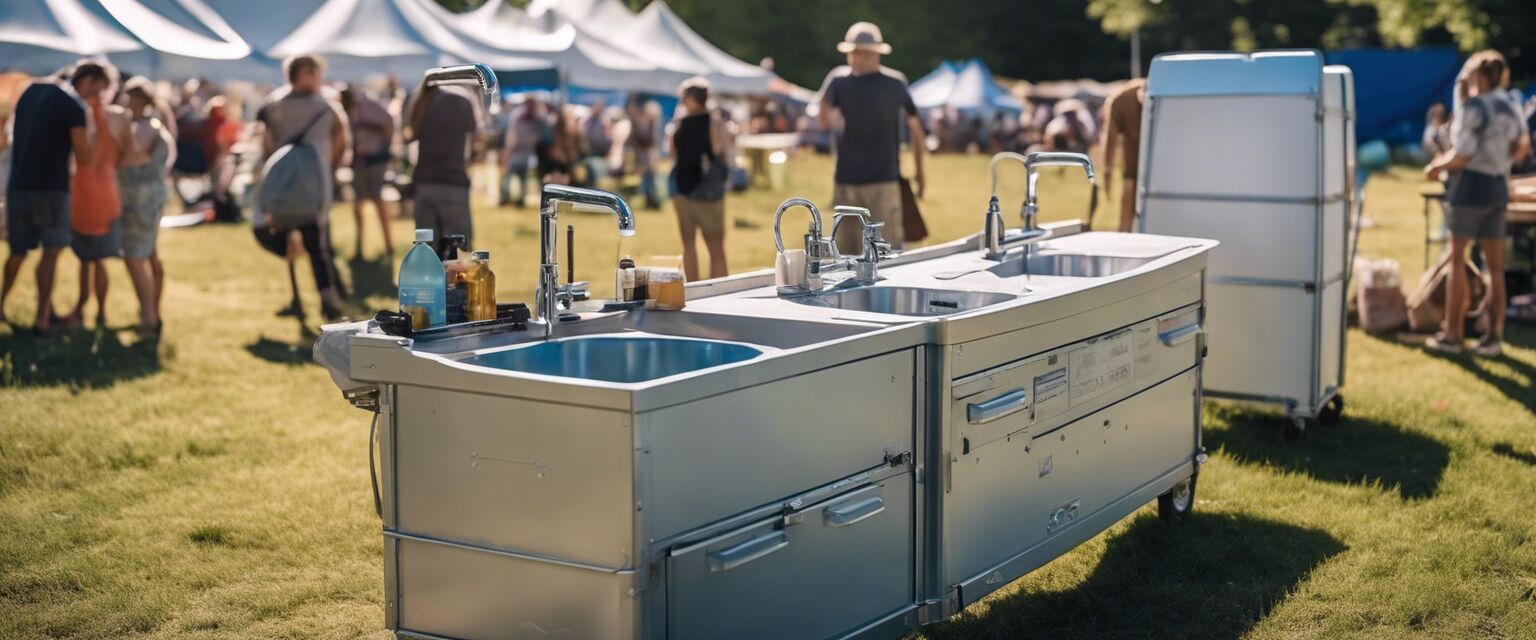
Conclusion
Portable sinks provide a vital service for businesses and gatherings that require access to water without permanent installation. By understanding the types available and how to choose the right one for your particular needs, you can ensure compliance with health regulations while enhancing your operational efficiency. For further exploration, donât forget to check out our Stainless Steel Sinks that offer durability and ease of maintenance.
Pros
- Versatile use in various settings.
- Helps meet health regulations without plumbing work.
- Easy to transport and set up.
- Multiple models cater to specific needs.
Cons
- Limited water capacity can lead to frequent refilling.
- Some models may be less durable.
- Dependent on electricity or water supply for operation.
- Higher upfront costs compared to traditional sinks.
